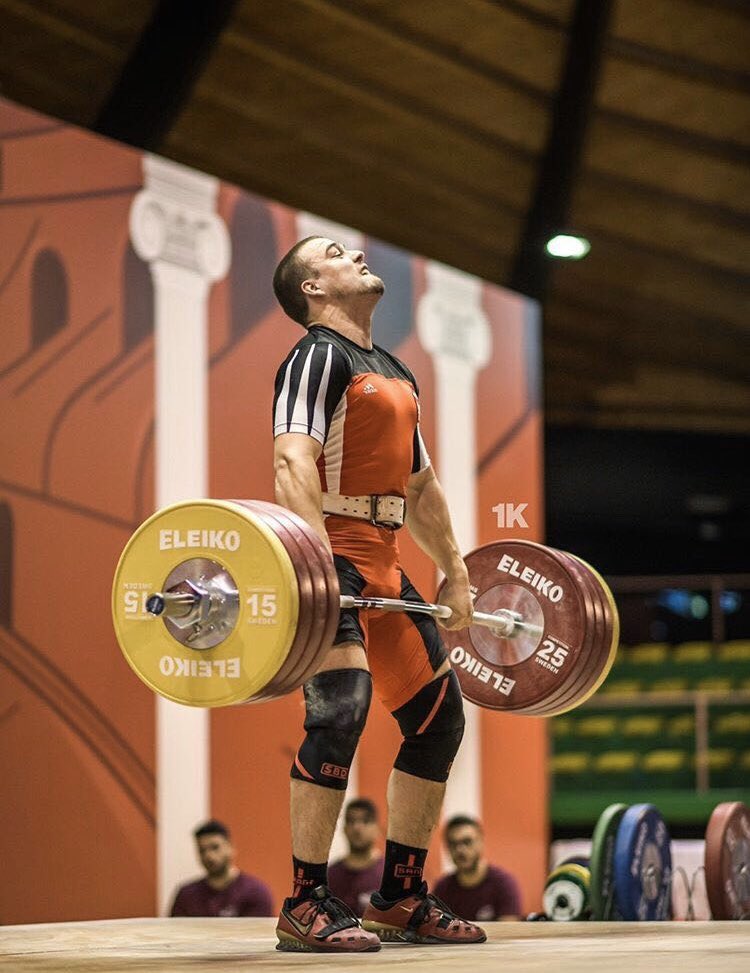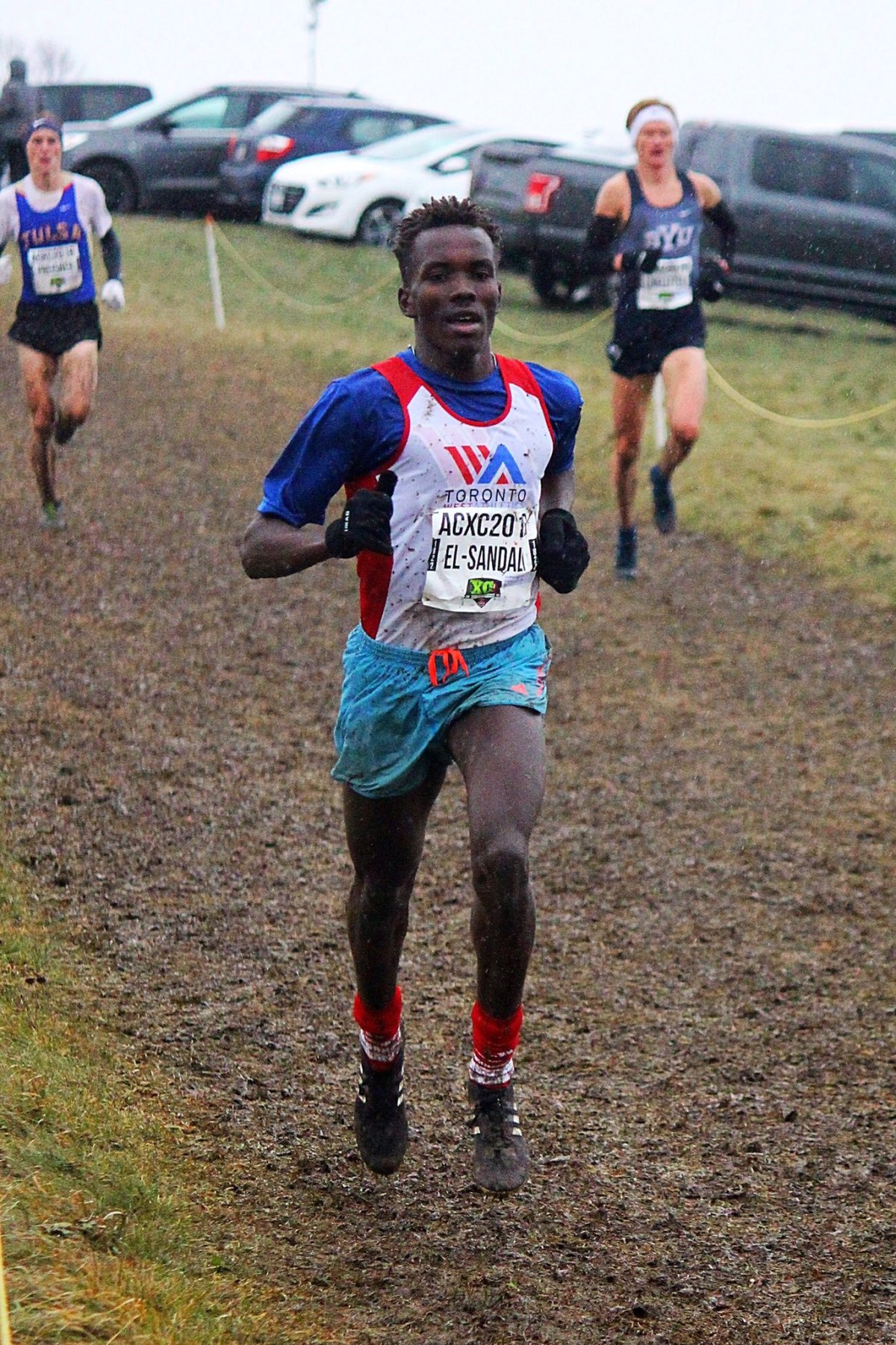Sara Groenewegen, a pitcher for Team Canada women’s softball team, was supposed to have a very busy spring preparing for the 2020 Olympics — then the novel coronavirus outbreak hit.

The 24-year-old was with the team in Halifax for a six-week training camp, but the trip was cut short when COVID-19 landed in Canada early March.
READ MORE: Sore back, neck from working from home? Quick fixes to improve your workspace
Within a few days, the team’s trip to California was cancelled and rumours were swirling that the 2020 Olympic Games were going to be cancelled, too.
Soon after, the Canadian Olympic Committee announced it wouldn’t send a team to Tokyo unless the Games were postponed.
For Groenewegen and her teammates, this was especially tough news to swallow because 2020 was going to be the first time softball was included in the Olympics since 2008.
Groenewegen was devastated, but she understood why the decision needed to be made.
“It was obviously super difficult, but at that point, we knew it was bigger than our sport,” Groenewegen said. “It was obviously a really hard decision and one that wasn’t made lightly.”

It was later announced that the Games were postponed until 2021. Groenewegen was proud to be on one of the teams who took a stand.
“We’re super proud to be part of that movement. The leadership this country has shown in the grand scheme of the world … I think it’s awesome,” she said. “It’s just been a huge roller coaster.”

Get daily National news
Now, Groenewegen is trying to figure out what it means to live a life without training for the Olympics.
“We’ve been told to take these weeks to be a normal citizen … what does that mean?”
Boady Santavy, a weightlifter for Team Canada, has been preparing for the Olympics for years. While he understands the decision to postpone the Games, he was upset to hear he wouldn’t be competing this year.
“I was overall really sad,” Santavy said. “I’m going to make good out of it, but I’m disappointed.”
On the bright side, Santavy is looking forward to having time for his body to heal.
The delay may even give Santavy an advantage because he has more time to train.
“It’s actually a blessing in disguise that I can have all this extra time to train and get better,” Santavy said. “I may even have a better chance of getting a medal in general.”
READ MORE: Quarantine that stress: Limit screen time during coronavirus outbreak, experts say
Ehab El-Sandali, a track and field runner, feels similarly — he was sad to hear he wouldn’t be going to Tokyo, but he’s choosing to look at it as a blessing in disguise.
“A few months ago … I found out I had a metatarsal stress reaction on my right foot,” El-Sandali said.
“Once I found out about my injury, I completely shut down and was depressed for a good five weeks. It was one of the toughest things I had to go through in my life.”
By the time he had recovered from the injury, the Games had been postponed.

“At first, I was heartbroken because I was finally getting back to my old form and was excited about racing again,” El-Sandali said. “But then I realized … my chances of qualifying will be much greater now that I have an extra year to train.”
He also knows this is a necessary step to stop the spread of the deadly COVID-19 virus.
“This is bigger than me or any athlete out there. It’s about the safety of millions.”
Questions about COVID-19? Here are some things you need to know:
Health officials caution against all international travel. Returning travellers are legally obligated to self-isolate for 14 days, beginning March 26, in case they develop symptoms and to prevent spreading the virus to others. Some provinces and territories have also implemented additional recommendations or enforcement measures to ensure those returning to the area self-isolate.

Symptoms can include fever, cough and difficulty breathing — very similar to a cold or flu. Some people can develop a more severe illness. People most at risk of this include older adults and people with severe chronic medical conditions like heart, lung or kidney disease. If you develop symptoms, contact public health authorities.
To prevent the virus from spreading, experts recommend frequent handwashing and coughing into your sleeve. They also recommend minimizing contact with others, staying home as much as possible and maintaining a distance of two metres from other people if you go out.
Meghan.Collie@globalnews.ca















Comments